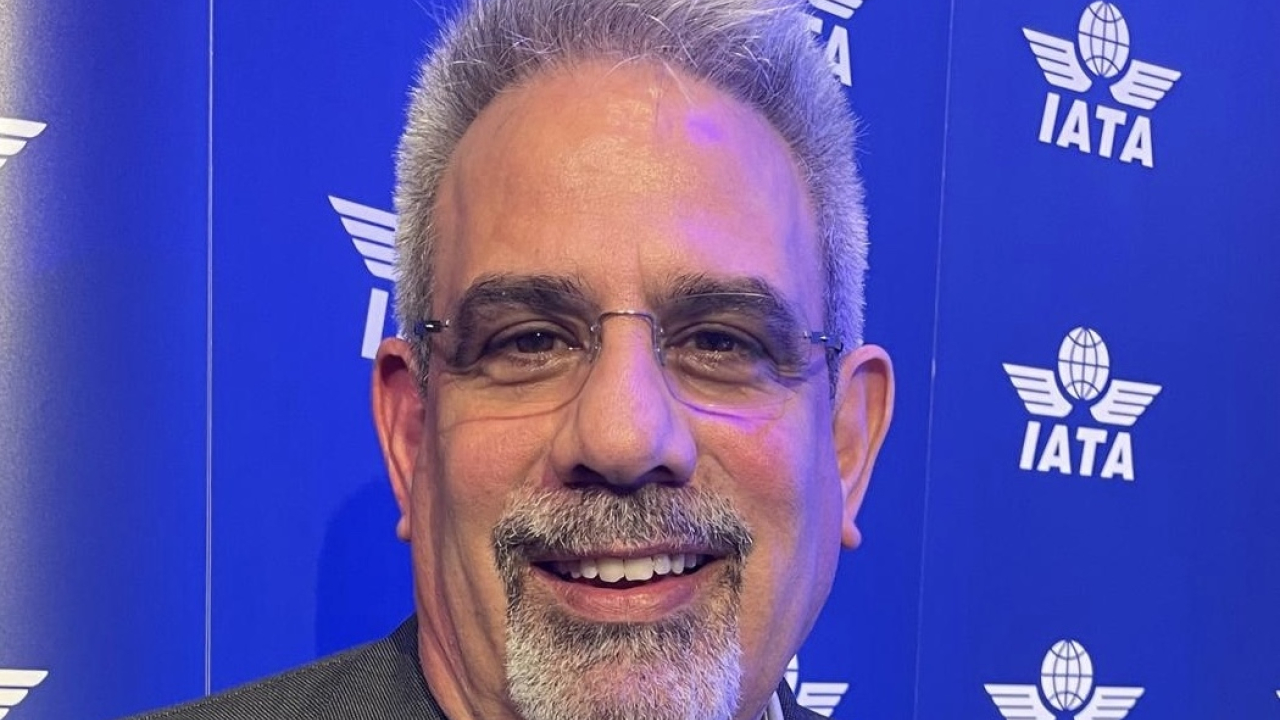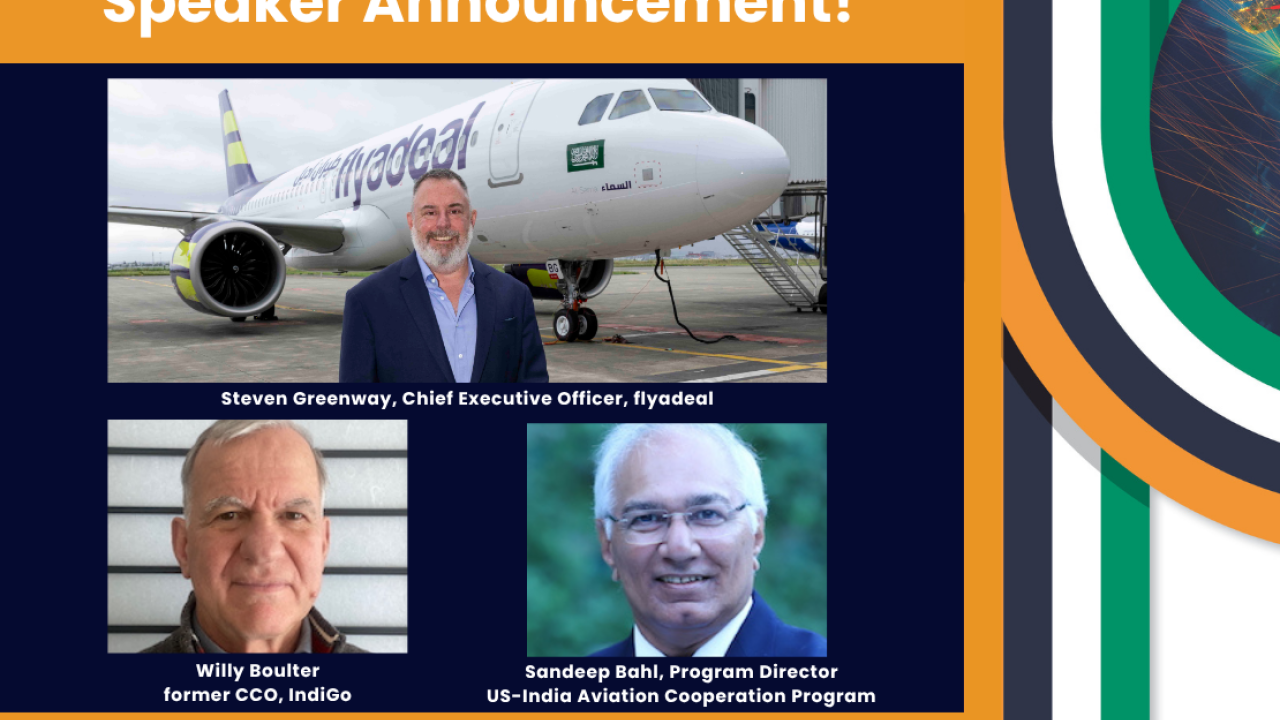Blocked funds problem persists as Mozambique becomes the worst offender
States in Africa and the Middle East (AME) make up 85% of the $1.3 billion in airline funds blocked for payment by governments, Kamil Al-Awadhi Regional Vice President Africa and the Middle East at IATA told media at the association’s AGM in Delhi.

Kamil Al-Awadhi Regional Vice President Africa and the Middle East at the IATA AGM.
The scale of the blocked funds issue in AME remains the same as a year ago, making it “still a big issue””, he explained. The difference is that the amounts owed are spread among several countries rather than the $850 million at its peak blocked by Nigeria in 2023-4. This has since been cleared.
As of April, IATA logged $1.28 billion in blocked funds globally down from $1.7 billion in October 2024. However, of this $1.1 billion is in AME, a number that has not changed since October.
The top blocked funds offenders are Mozambique at $205 million; XAF Zone (several states in West Africa) $191 million; Algeria $178 million; Lebanon $142 million; Bangladesh $92 million; Angola $84 million; Pakistan $83 million; Eritrea $76 million; Zimbabwe $68 million; and Ethiopia $44 million.
In total there are 29 countries in AME with blocked funds, said IATA.
IATA is constantly working on the blocked funds issue in AME, as it did in close co-operation with the Nigeria authorities to eradicate its debt. “If a country admits it has a problem, if they don't have dollars, we work with them to try to find solutions to reduce it [blocked funds] over a certain time,” said Al-Awadhi.
“But when you have a country that has it all [the money] but denies it to the point where they have meetings in Parliament saying, ‘shall we just wipe out the millions from the airlines and walk away’ then you start getting angry,” he explained.
In the Middle East “aviation is not developing evenly”, said Al-Awadhi. Geopolitical instability has been commonplace in the past 3-4 years, bringing operational constrains and pushing up costs, while there are stark economic disparities between the successful states and the struggling ones.
Al-Awadhi expanded on the issue of country sanctions noting that out of the 67 countries he covers in the AME region, 21 are under sanction. There are also 12 conflicts on-going in this region, he added. “This makes the region sometimes complicated to operate in, it has a negative impact on the industry and definitely on the airlines.”
One of IATA’s Middle East region priorities is to support the reintegration of states emerging from sanctions. For example, now that sanctions on Syria have been lifted, as of February 2025 by both the European Union and the US, IATA stands ready to help the country’s aviation entities rebuild.
Stay up to date
Subscribe to the free Times Aerospace newsletter and receive the latest content every week. We'll never share your email address.

